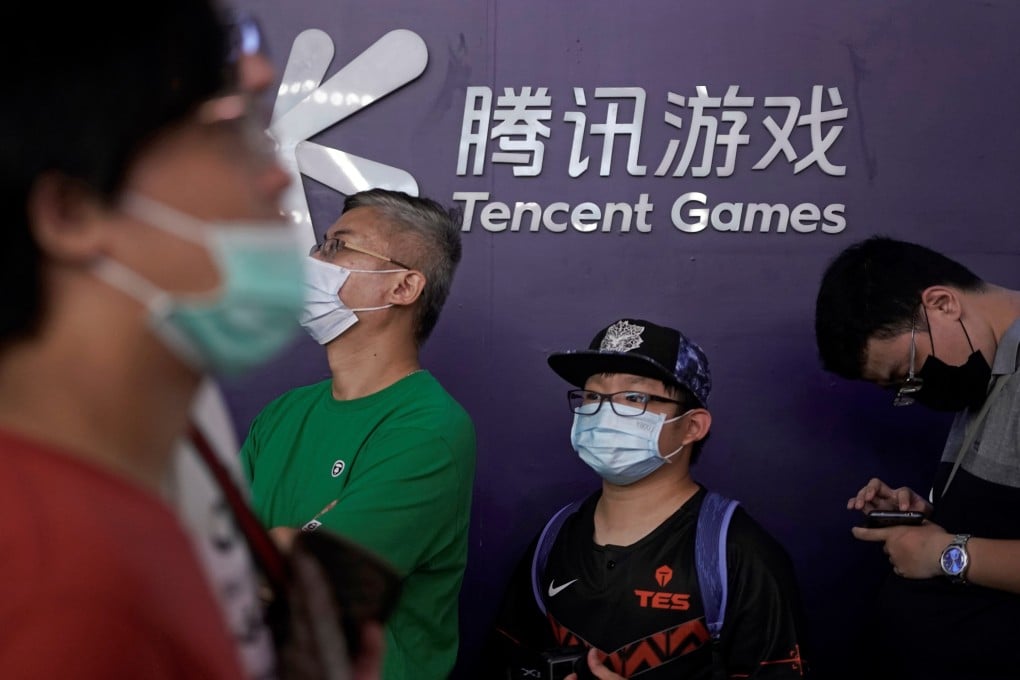China’s antitrust regulator blocks Tencent’s US$5.3 billion merger of game streamers Huya and Douyu in landmark anti-monopoly case
- Huya and Douyu announced a merger deal last October to create a US$5.3 billion giant with almost 300 million monthly active mobile users
- The aborted merger is the latest blow to China’s tech sector as regulators step up their scrutiny of monopolistic behaviour

China’s antitrust watchdog officially blocked the merger of Huya and Douyu International Holdings, China’s two biggest video game live-streaming platforms, both backed by Chinese tech giant Tencent Holdings, in the latest blow to the country’s tech sector as Beijing intensifies its regulatory scrutiny.
The State Administration for Market Regulation (SAMR) said the deal would have strengthened the dominant position of Tencent, which holds majority stakes in both companies, considering it already controls 40 per cent of online game operations, according to a statement on the agency’s website on Saturday.
The merger “may have the effect of excluding or restricting competition, which is not conducive to fair competition and may damage the interests of consumers,” SAMR said in the statement.
As the two biggest players in the sector, Huya and Douyu already accounted for 40 per cent and 30 per cent of sales respectively, and 45 per cent and 35 per cent of active users, according to SAMR.
Shenzhen-based Tencent – which held a 43 per cent share of China’s video gaming market in 2020, according to market research firm Niko Partners – owns a 37 per cent stake in Huya and 38 per cent of Douyu. It would have owned about 67 per cent of the merged enterprise.